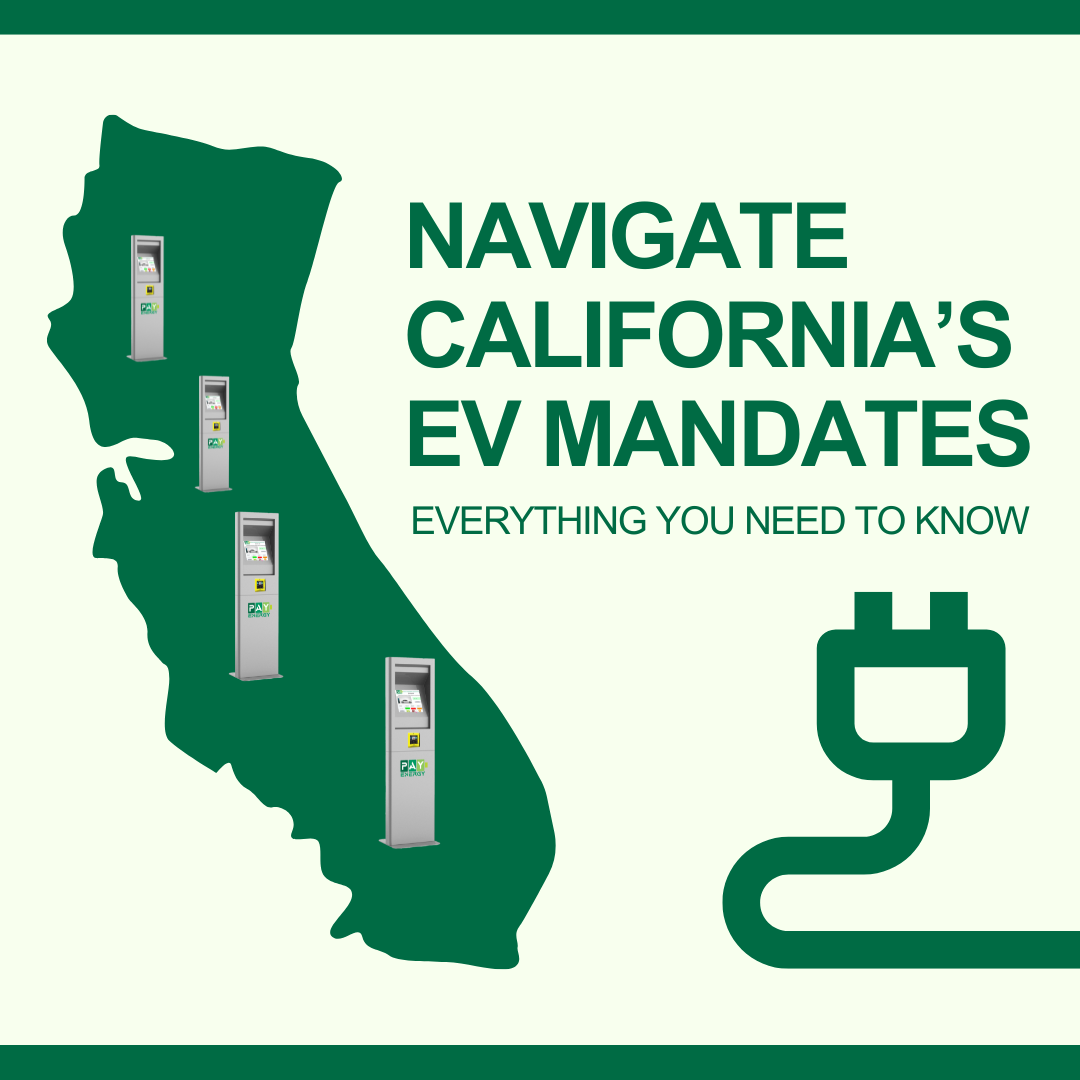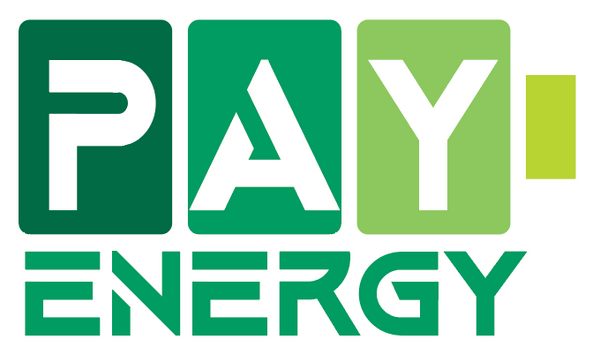
Navigate California's EV Charger Laws: What You Need to Know
Share
Navigate California's EV Charger Laws: What You Need to Know
With the rapid pace of laws evolving in the EV space, staying updated can be challenging. California, home to over 900,000 electric vehicles, leads the nation not only in the number of EVs but also in stringent government regulations.
Given California's leadership in the EV market its standards are expected to be adopted by other states as they increase their EV usage. This evolving regulatory landscape can be particularly challenging for business owners, parking lot operators, and building managers who must navigate a complex influx of public charging laws.
To help you stay compliant and informed, we’ve compiled a comprehensive list of key California laws to consider before purchasing an EV charger for your property. We’ve also included examples of how PayEnergy and our cashless EV chargers are compliant to these regulations. Understanding these regulations will ensure that your investment is both forward-thinking and legally sound.
EV charging station charging rates must be based on a price per megajoule or kilowatt-hour and indicate the billing rate at any point during a transaction.
PayEnergy’s Compliance: Drivers can check the price charged per kilowatt-hour at any moment on our charger screens after purchasing their desired amount of charge.
California Public Utilities Commission (PUC) published a plan establishing strategies to maximize EV grid integration. The PUC must also consider how to limit cost increases for all ratepayers. EV grid integration refers to any action that optimizes when or how an EV is charged.
PayEnergy’s Compliance: Our newest membership to the OpenADR alliance strategically positions PayEnergy to maximize EV grid integration. Read more about our membership here.
All EV charging stations funded or authorized by the state must be installed by a licensed contractor.
PayEnergy’s Compliance: We have agreements with licensed contractors all across California and the US to connect you with professionals and remove all the uncertainty from installation.
Stations must have uptime recordkeeping and report standards for EV charging stations purchased through a state incentive program or rate payer charges. EV charging station uptime data must be reported for a minimum of six years. By January 1, 2025, CEC must set standards for how station operators notify customers about availability and accessibility of public EV charging infrastructure. Beginning January 1, 2025, the CEC must assess the uptime of EV charging stations. The assessment must include considerations for equitable access to EV charging stations in low-, moderate-, and high-income communities. The assessment must be updated every two years.
PayEnergy’s Compliance: To record uptime all charging data is stored in PayEnergy cloud and can be accessed at any time.
EV charging station service providers may not charge a subscription fee or require membership for use of public stations. Providers must disclose the actual charges at the point of sale; allow contactless payment and pay-by-phone methods. Beginning July 10, 2024, direct current fast charging (DCFC) stations must also include Plug-and-Charge payment capabilities.
PayEnergy’s Compliance: Unlike other chargers that need an app or phone to pay for the charge, PayEnergy relies on credit card processing equipment that makes charging more accessible for drivers.
It’s important to choose a charger that is compliant with these standards and many more that you can find on the US Department of Energy Website. At PayEnergy we constantly keep our products up to date with the latest innovations while keeping tabs on government regulations to be compliant. Contact us to learn more about our offerings and schedule a call with us so we can best help you achieve your EV charger goals.
